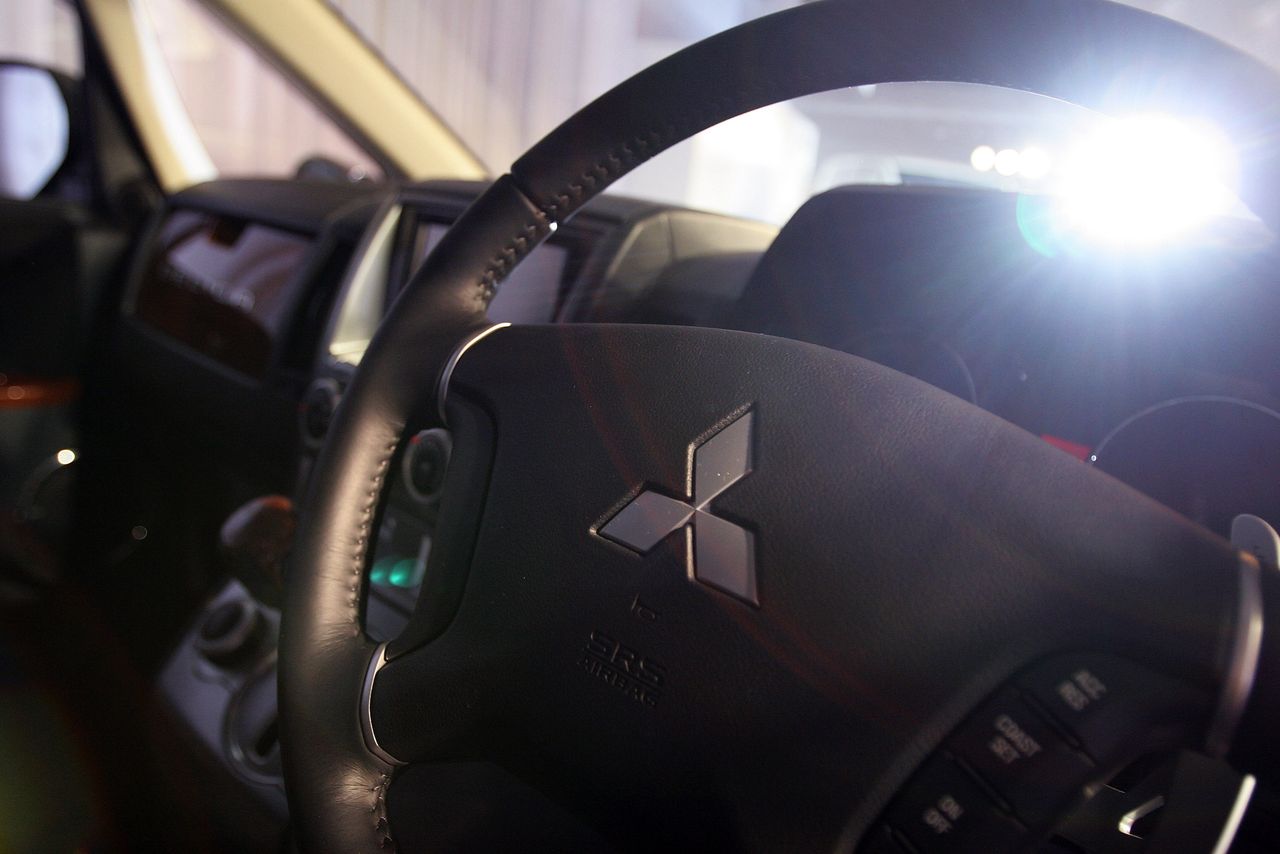Japanese automaker Mitsubishi admitted to “improper conduct in fuel consumption testing” of 625,000 vehicles.

The statement released by the company explained that its staff “conducted testing improperly to present better fuel consumption rates than the actual rates,” and that “the testing method was also different from the one required by Japanese law.”
The falsified data includes four vehicle models that fall under the Japanese category of kei car; the classification covers minivans, trucks, and passenger cars, but is reserved for vehicles that meet economical fuel consumption standards and are taxed at a lower rate.
Affected models include the eK Wagon and eK Space, which are manufactured and sold by Mitsubishi, and the Dayz and Dayz Roox, which are manufactured by Mitsubishi and supplied to Nissan to sell. Nissan’s in-house testers are the ones that uncovered the inconsistency between the cars’ published fuel efficiency data and the real-life results.
The assessments failed to place the correct load (more accurately, the running resistance) on the car during the tests. As a result, this made the cars’ fuel efficiency appear 5 to 10 percent more impressive than it actually was. Mitsubishi said it asked Nissan to review the tests, and only during that internal investigation did it learn about the improper conduct.
Mitsubishi shares fell more than 15 percent after the news broke, removing $1.2 billion from the company’s market value. While this manipulation isn’t on the same scale as the Volkswagen emission scandal that affected 11 million cars, it does contribute to the distrust over regulations in the automotive industry.
Via The Verge
Advertisement
Learn more about Electronic Products Magazine





